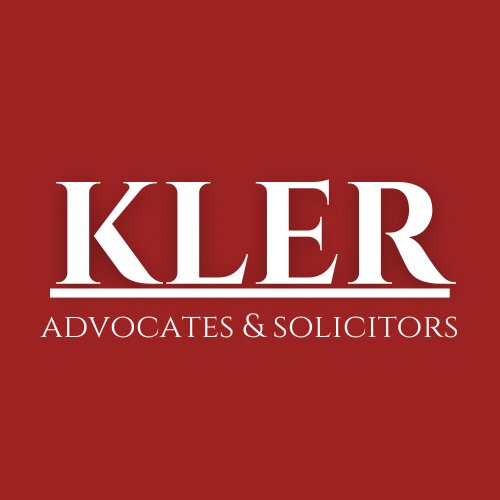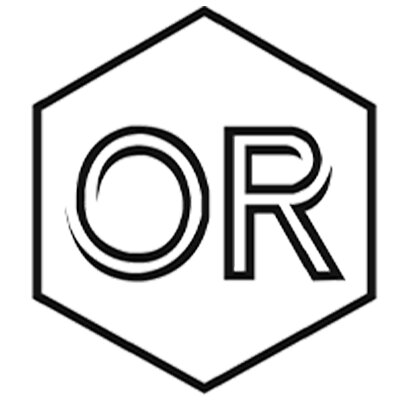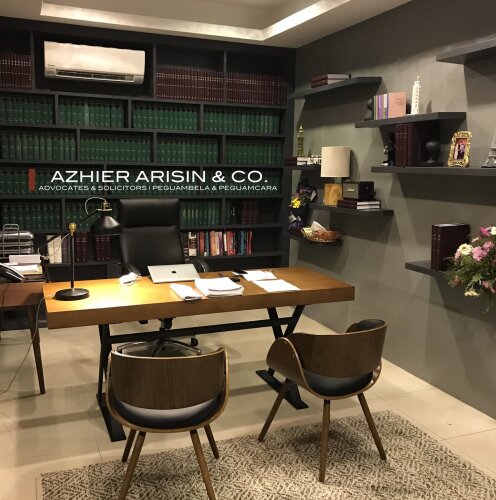Best Defamation Lawyers in Malaysia
Share your needs with us, get contacted by law firms.
Free. Takes 2 min.
Or refine your search by selecting a city:
List of the best lawyers in Malaysia
About Defamation Law in Malaysia
Defamation in Malaysia is governed by both common law principles and specific statutes including the Defamation Act 1957 and the Communications and Multimedia Act 1998. Defamation occurs when a person makes or publishes a statement that harms another person's reputation. The law distinguishes between libel (written defamation) and slander (spoken defamation). The Malaysian legal system ensures protection against false statements made without justification and holds individuals accountable for spreading malicious or false information.
Why You May Need a Lawyer
There are various scenarios where seeking legal advice in cases of defamation becomes crucial:
- False Accusations: If you have been falsely accused of a crime or misconduct and these accusations are made public.
- Business Reputation: If your business suffers due to derogatory statements that affect customer trust and business relationships.
- Online Defamation: In cases of damaging statements made on social media or online platforms.
- Professional Standing: If your professional reputation is at risk due to untrue statements.
Legal assistance can aid in understanding your rights, evaluating the validity of a defamation claim, and taking appropriate actions to seek damages or an apology.
Local Laws Overview
In Malaysia, defamation claims are primarily addressed under the Defamation Act 1957. Some key elements to consider are:
- Proof of Defamation: The claimant must prove that the statement is defamatory, false, and refers to them.
- Defenses: Common defenses include justification (the statement is true), fair comment (it is a fair comment of public interest), and privilege (statements made in particular contexts are protected).
- Statute of Limitations: A defamation claim must generally be brought within six years from the date of publication.
- Remedies: Courts may award damages, issue injunctions to stop further publication, or require an apology/retraction.
Frequently Asked Questions
What is the difference between libel and slander in Malaysia?
Libel refers to written defamation, while slander involves spoken defamation. Both harm a person's reputation, but libel is often considered more serious due to its enduring form.
Can a true statement be considered defamatory?
No, a true statement cannot usually be considered defamatory. Truth is a defence in defamation cases.
How does the court determine if a statement is defamatory?
The court evaluates if the statement would harm the reputation of an ordinary person by lowering them in the estimation of society.
Is online defamation treated differently from traditional forms?
Defamation laws apply equally to online and offline statements, but the reach and impact of online defamation can be more extensive, affecting the legal remedies.
Can I sue a social media platform for defamation?
Generally, you cannot sue a platform; defamation actions target individuals who create and publish defamatory content.
What kinds of damages can be claimed in a defamation case?
Damages can include general damages for harm to reputation, special damages for specific losses, and aggravated damages if the defamation was particularly harmful.
What should I do if I'm accused of defamation?
Seek legal advice immediately to understand potential defenses and mitigate any legal consequences.
Can opinions be defamatory?
Genuine opinions cannot be considered defamatory, but falsely presenting opinions as facts can be subject to defamation claims.
How long does a defamation lawsuit take in Malaysia?
The duration varies based on the complexities of the case, but it typically takes several months to a few years to resolve.
What role does intention play in defamation cases?
While defamation does not require intent to harm, malicious intent can impact the severity of penalties and damages awarded.
Additional Resources
If you are seeking more information about defamation law in Malaysia, consider the following resources:
- Malaysian Bar Council: Offers resources and referrals to qualified lawyers specializing in defamation.
- Legal Aid Centres: Provides assistance and advice for individuals who cannot afford legal representation.
- Communications and Multimedia Commission: Oversees online defamation issues under the Communications and Multimedia Act.
Next Steps
If you believe you have a defamation claim or are facing defamation charges, consider the following steps:
- Gather evidence of the defamatory statements, including documents, emails, or recordings.
- Consult a lawyer who specializes in defamation to evaluate your case and discuss possible legal actions.
- Consider mediation or alternative dispute resolution methods to settle the matter out of court.
- File a lawsuit within the limitation period if no resolution is reached.
Acting promptly and seeking appropriate legal guidance will help protect your rights and address any harm done to your reputation.
Lawzana helps you find the best lawyers and law firms in Malaysia through a curated and pre-screened list of qualified legal professionals. Our platform offers rankings and detailed profiles of attorneys and law firms, allowing you to compare based on practice areas, including Defamation, experience, and client feedback.
Each profile includes a description of the firm's areas of practice, client reviews, team members and partners, year of establishment, spoken languages, office locations, contact information, social media presence, and any published articles or resources. Most firms on our platform speak English and are experienced in both local and international legal matters.
Get a quote from top-rated law firms in Malaysia — quickly, securely, and without unnecessary hassle.
Disclaimer:
The information provided on this page is for general informational purposes only and does not constitute legal advice. While we strive to ensure the accuracy and relevance of the content, legal information may change over time, and interpretations of the law can vary. You should always consult with a qualified legal professional for advice specific to your situation.
We disclaim all liability for actions taken or not taken based on the content of this page. If you believe any information is incorrect or outdated, please contact us, and we will review and update it where appropriate.
Browse defamation law firms by city in Malaysia
Refine your search by selecting a city.















